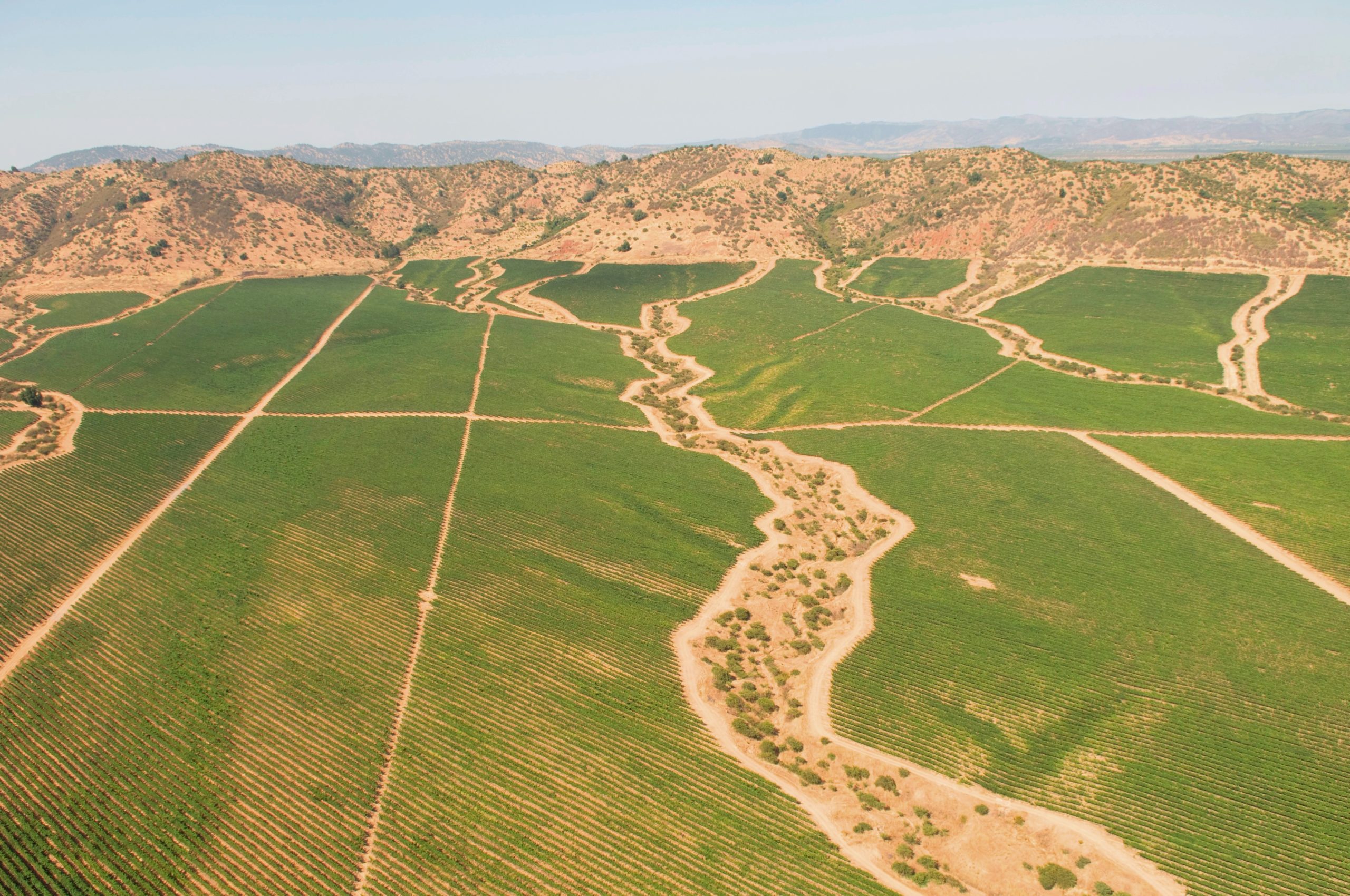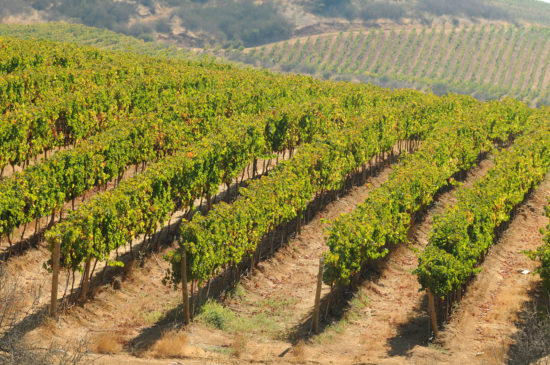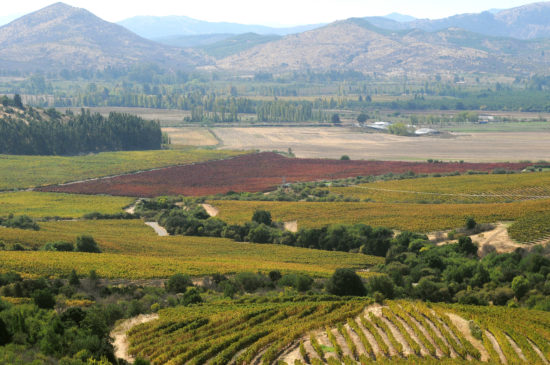Our carbon footprint


In its commitment to produce great wines while respecting natural resources, Gran Reserva has managed to reduce its carbon footprint by 34%, making it one of the lowest in the industry.
Taking measures to decarbonize its own production and the that of the wine industry as a whole is part of Viña Concha y Toro y Gran Reserva’s commitment to the environment.

In 2007, Gran Reserva started to measure its carbon footprint using the Greenhouse Gas (GHG) Protocol, “the most widely used methodology in the world, which basically tells you what and how to measure,” explains Concha y Toro Sustainability Coordinator, Fernando Avaria. In alignment with global climate action, Gran Reserva’s objective is to identify its potential reductions in its commitment to achieve zero CO2 emissions by 2050, and it has already done quite a bit.
“As a company we have done a lot of things. We have a program where we work with packaging suppliers to encourage them to measure their own carbon footprint and set reduction goals. In the case of Gran Reserva in particular, it reduced the weight of its bottles to the lightest one it could find: 390 grams. We have reached 100% renewable energy at Concha y Toro. Moreover, we are replacing the frost control towers with electrical towers,” comments Avaria on the company’s practices to mitigate the effects of climate change. With this, in 2022, it was able to meet its emissions reduction goal proposed for 2025, reducing its carbon footprint by 34% over 2017.

In the wine industry, the three largest carbon footprints are associated with bottles, transportation, and grape imports.
In 2019, Viña Concha y Toro became the first Latin American company to achieve its science-based emissions reduction targets, which are aligned with the goal to keep the global temperature increase at under 1.5oC, approved by the Science Based Targets Initiative (SBTi), “the most world renowned guide for measuring our carbon footprint,” adds Avaria.
As you can see, when you select wines like Gran Reserva Cabernet Sauvignon, Gran Reserva Sauvignon Blanc, Gran Reserva Malbec o Gran Reserva Carmenère, you are also choosing a product that is committed to limiting the rise in global temperatures, and whose current footprint is 566 g Co2e per bottle.

We comply with the highest standards of verified social and environmental performance, transparency, and legal responsibility to balance benefit and purpose.
We adopt an Impact Business Model, creating beneficial links between business, community, and environment.
The Gran Reserva vineyards are an important part of the project to conserve native forest areas and protect local biodiversity. Our native forests have the ability to retain rainwater and control the kind of climate change that results from water shortages.
We take care of 1,432 hectares of protected forests and, on average per vineyard, a total of 105 species of fauna and 48 species of registered flora.
Our effort to preserve nature begins with responsible water consumption. 99% of the water we use comes from surface and subterranean sources.
Our vineyards are drip irrigated, which translates to a 90% efficiency on water consumption, and over the past 3 years, we’ve reduced our water footprint by 10%.
All of our winemaking processes require the use of energy. Our choice to invest in clean, renewable energy reflects our desire to co-create a sustainable planet for the future.
100% of the electricity used to make the wines in the Gran Reserva collection come from renewable sources, including solar energy.
Concha y Toro has been certified under the Wines of Chile Sustainability Code since 2012, which means that our vineyards are officially recognized as sustainable vineyards.
The wines in our Gran Reserva collection are crafted entirely from estate-owned grapes in sustainably managed vineyards.